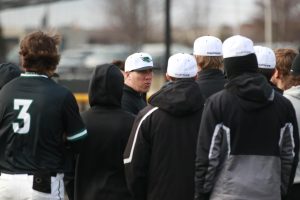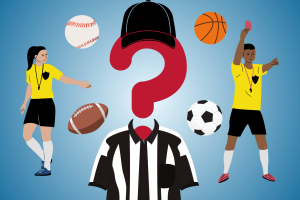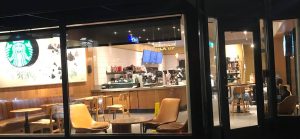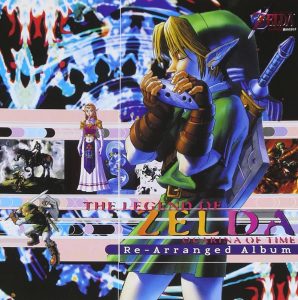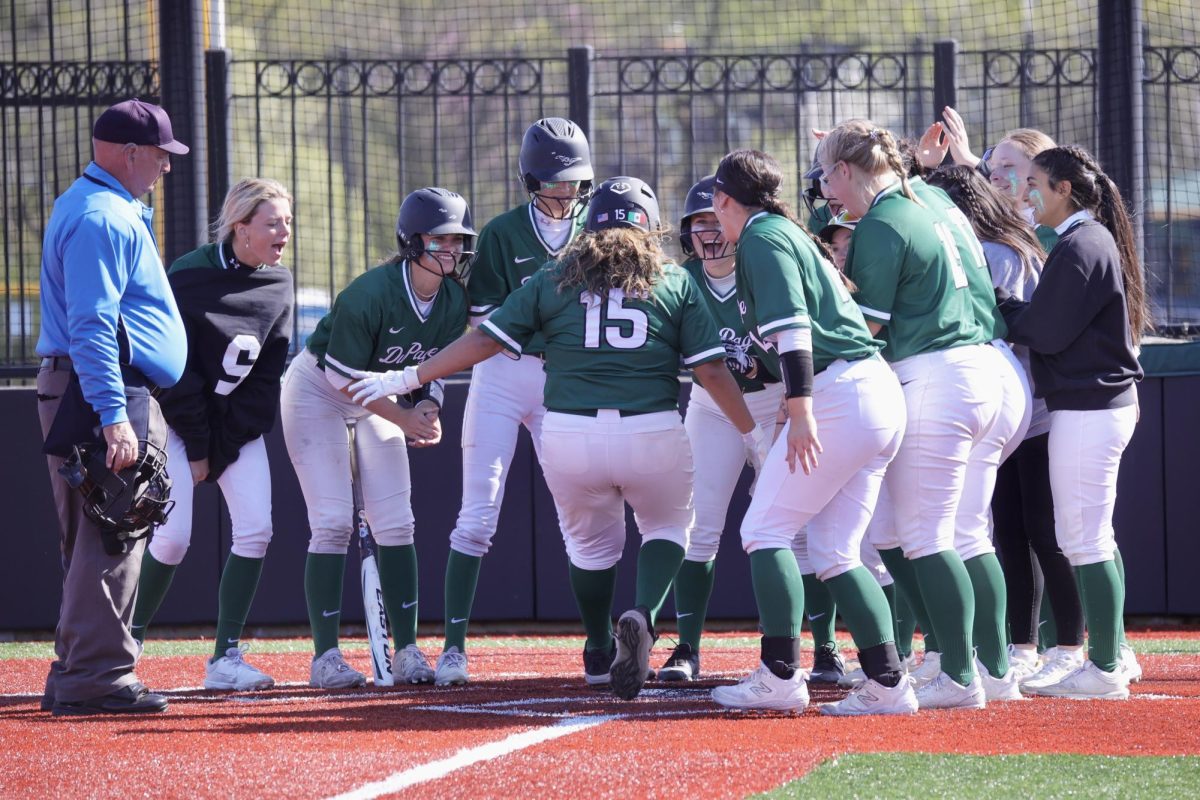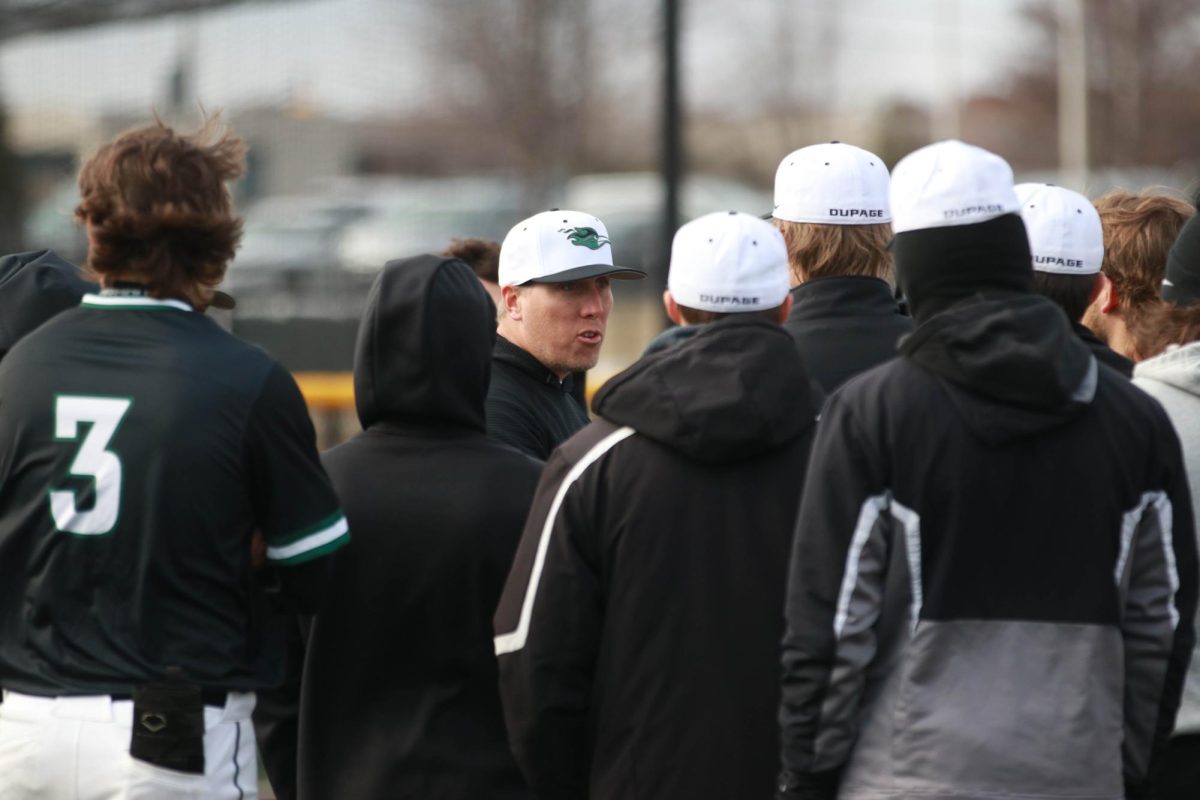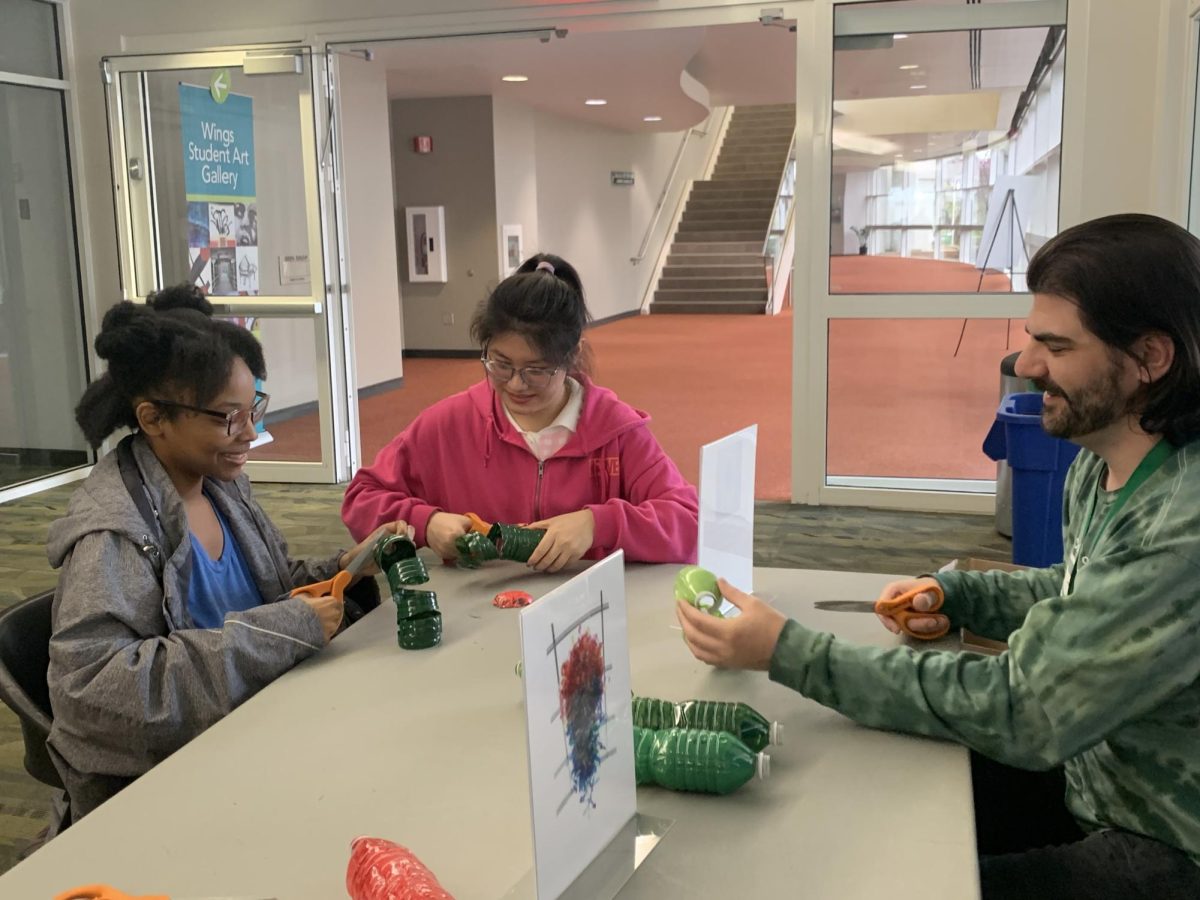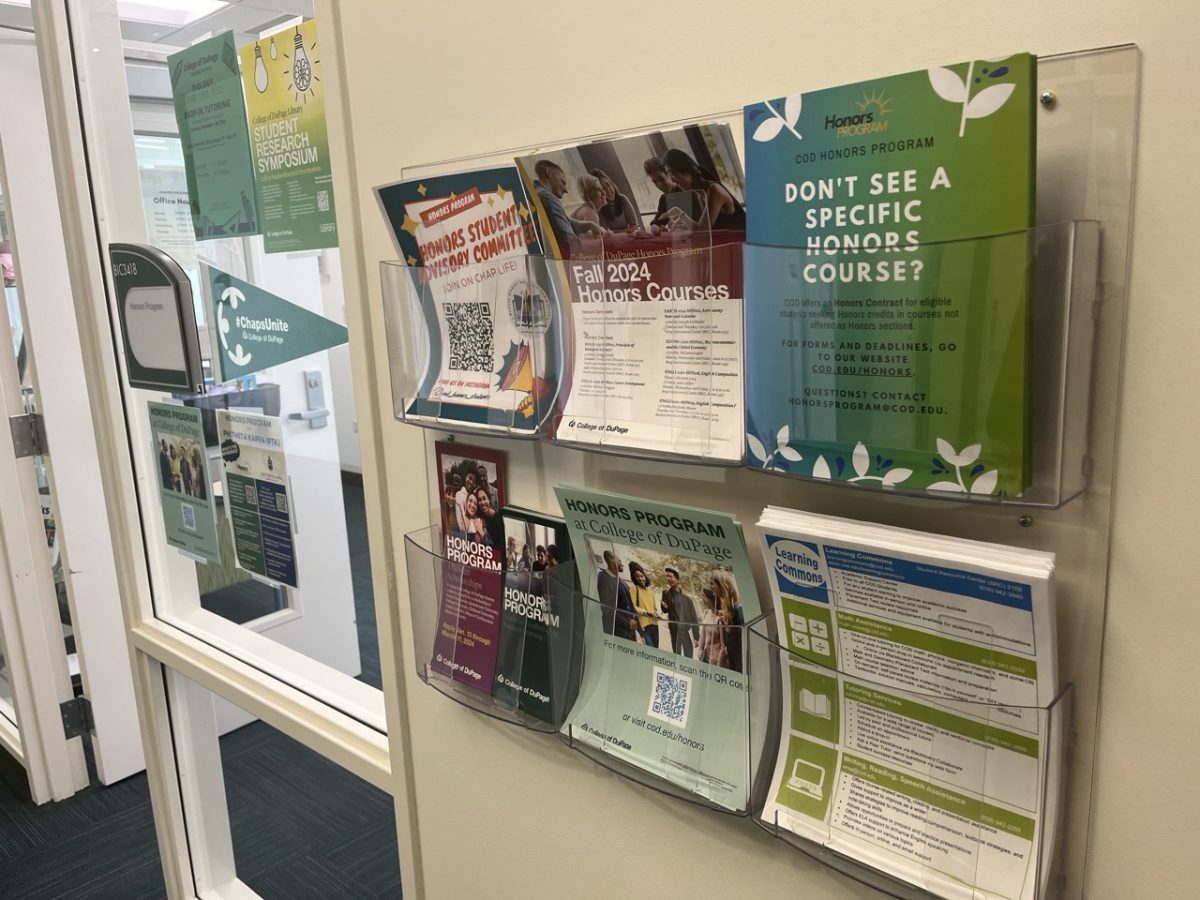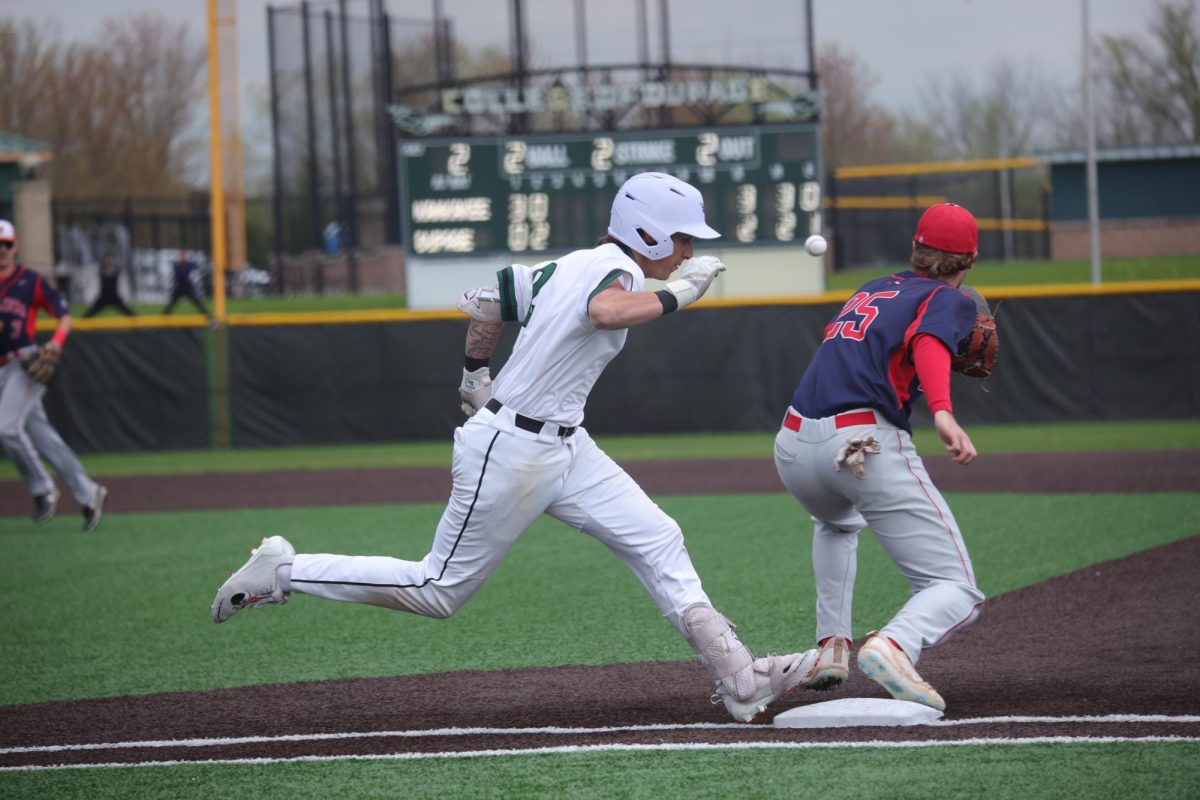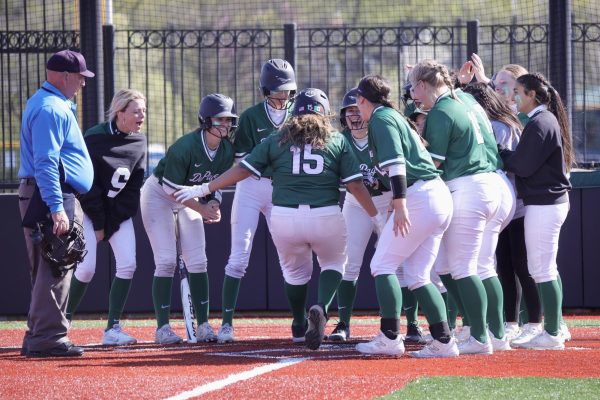Christian baker vs gay couple case heard in Supreme Court

December 13, 2017
Last week the controversy surrounding Christian baker Jack C. Phillips refusing to bake a wedding cake for same-sex couple Charlie Craig and David Mullins in 2012 came to a head as oral arguments were heard in the Supreme Court on Dec. 5 on whether or not the baker had the right to refuse the couple service.
At its core, we believe this is an issue of separation of church and state.
The premise of Phillip’s defense is based on the fact that Colorado’s anti-discrimination laws, which prohibit businesses from refusing to serve customers based on “disability, race, creed, color, sex, sexual orientation, marital status, national origin or ancestry” violates his First Amendment rights. He argues the state should not be able to force him to use his skills for something that violates his religion, and that the First Amendment guarantees him free speech and free exercise of religion.
Anti-discrimination laws are in place for a reason. If a business owner is allowed to refuse service to customers for personal and/or religious reasons, then what’s to stop other business owners from following suit?
Businesses could simply cherry pick which part of the law they don’t feel like adhering to and point to this very case as a reference as to why they should be able to get away with it. If an exception is made for Phillips, then pretty soon all too many businesses could be asking for exceptions and coming up with all manner of reasons to justify them.
Phillips’ business license means he is obligated to conform to the state’s anti-discrimination/public accommodation laws. All businesses must operate under certain rules and regulations, and if he is not willing to follow those rules and regulations then should he even be allowed to operate a business in the first place?
That would be like an oil company refusing to adhere to anti-pollution laws if they claimed the laws were against its religious beliefs.
It’s also worth noting that surely all the rest of Phillips’ customers aren’t without their fair share of sin. If one takes into consideration that no sin is supposed to be worse than the other, then discriminating against this particular couple because of their sexual orientation becomes even more difficult to explain.
Furthermore, in situations where someone would enter his bakery only to buy a pastry, there would be no way for him to know if that person was heterosexual or not. Unless he blatantly asked customers their sexual orientation and assumed they were honest in their response– which would raise serious privacy issues–he may have very well “violated his faith” many times before.
For him to truly avoid going against his religion, he would have to either invade all of his customer’s privacy by demanding to know whether they were gay or straight, or his customers would have to have some type of identification or tag disclosing their sexual orientation. That would be eerily similar to the Nazi Germany regime in which Jews were forced to wear a badge to identify themselves.
Business owners should absolutely be able to believe what they want to believe and practice whatever religion they please. They should not however be able to use those beliefs to discriminate against customers and subsequently break a law in the process. There is no room for a gray area in this case. Laws against discrimination must be firm. Bending those rules could put us on a very slippery slope we cannot afford to slide down.

